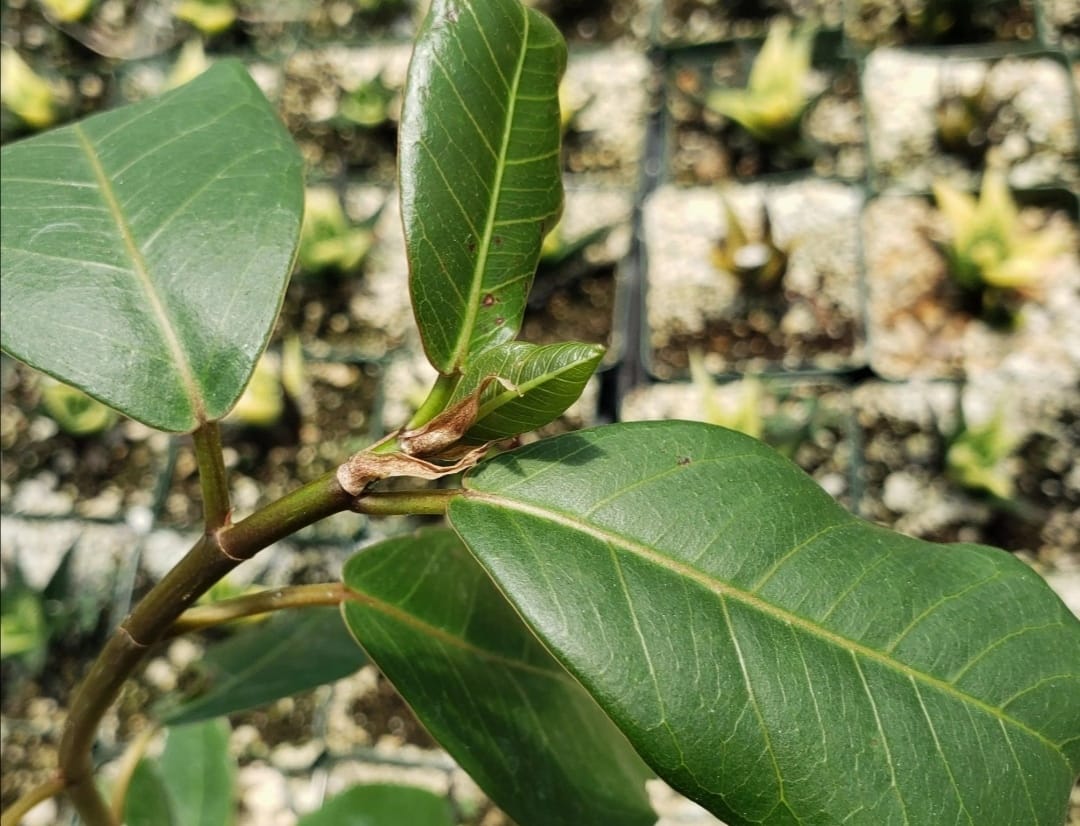Spiritual significance of The Musasa tree (Ficus natalensis)

The trees indigenous to Africa and are found in sub Saharan Africa including Zimbabwe's 5 geological regions.
In many African cultures, the Musasa tree holds significant cultural, spiritual, and symbolic meaning. Here are some examples:
Cultural Significance:
- Sacred gatherings: Musasa trees often serve as meeting points for community gatherings, ceremonies, and traditional councils.
- Ancestral worship: The tree is believed to connect the living with ancestors and the spiritual realm.
- Wisdom and knowledge: Elders sit under Musasa trees to share stories, wisdom, and cultural values.
- Healing and medicine: Musasa trees are associated with traditional healing practices and medicinal properties.
- Symbol of unity: The tree represents unity, strength, and resilience.
- Musasa is home to edible caterpillars, madora, mandere among others.
- The trees can produce firewood and poles for construction.
Spiritual Significance:
- Connection to the divine: Musasa trees are believed to facilitate communication with the divine.
- Spiritual cleansing: The tree is used in rituals for spiritual cleansing and purification.
- Protection: Musasa trees are thought to offer protection from evil spirits and negative energies.
- Ancestor reverence: The tree is a symbol of respect for ancestors and the afterlife.
- Cosmic balance: Musasa trees maintain harmony between the physical and spiritual worlds.
Traditional Practices:
- Initiation ceremonies: Musasa trees are used in initiation rites for young men and women.
- Marriage ceremonies: The tree is incorporated into traditional wedding ceremonies.
- Funeral rites: Musasa trees are involved in funeral rituals to ensure safe passage to the afterlife.
- Traditional medicine: Musasa trees are used in traditional healing practices.
- Storytelling: Elders share stories under Musasa trees to preserve cultural heritage.
African round huts
Can be constructed using musasa trees.
Conservation Efforts:
- Sustainable forestry practices
- Community-led conservation initiatives
- Education and awareness programs
- Cultural heritage preservation
- Ecotourism development
- However the trees are under severe threat from extinction due to agricultural activities such as tobacco farming, deforestation in search of firewood as power outages escalate in Zimbabwe. The depletion of indigenous trees in place of exotic trees is a course of concern to the indigenous trees.
- The responsible authorities are encouraged to preserve the heritage for posterity through cultivating and a sense of ownership among the communities for sustainable development.
- Mhakwe Heritage Foundation Trust advocates for heritage and culture preservation through research and documentation.
- mhakweheritage@gmail.com





